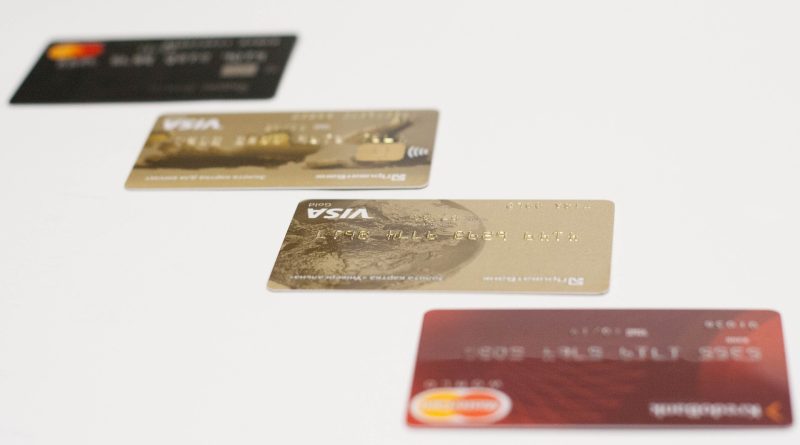Getting a Credit Card When You Are in Debt: What You Need to Know
Being in debt can make the idea of getting a new credit card seem risky or even counterintuitive. However, under the right circumstances, a credit card can be a useful tool for managing your finances and even improving your credit score. In this post, we’ll explore the pros and cons of getting a credit card while you’re in debt, and how to approach this decision wisely.
The Pros of Getting a Credit Card While in Debt:
- Building or Rebuilding Credit: If your credit score has taken a hit due to debt, responsibly managing a credit card can help rebuild your credit. By making on-time payments and keeping your balance low, you can demonstrate financial responsibility, which can gradually improve your credit score.
- Balance Transfer Opportunities: Some credit cards offer balance transfer options with low or even 0% interest rates for an introductory period. If you’re paying high interest on existing debt, transferring that balance to a card with a lower rate can save you money in interest and help you pay down the principal faster.
- Emergency Fund Access: While it’s important not to rely on credit cards for everyday expenses when you’re in debt, having a credit card can provide a safety net in case of unexpected expenses. This can prevent you from needing to take out more expensive forms of credit, like payday loans.
- Cashback and Rewards: If used responsibly, credit cards with cashback or rewards programs can provide small financial benefits. However, this should only be considered if you are confident in your ability to pay off the balance in full each month, as interest charges can quickly negate any rewards earned.
The Cons of Getting a Credit Card While in Debt:
- Risk of Accumulating More Debt: The biggest risk of getting a credit card while in debt is the temptation to spend beyond your means. If you’re already struggling with debt, adding to it with new credit card purchases can worsen your financial situation.
- High Interest Rates: Many credit cards come with high-interest rates, especially for those with lower credit scores. If you carry a balance month-to-month, the interest charges can quickly accumulate, making it even harder to pay off your debt.
- Impact on Your Credit Score: Applying for a new credit card results in a hard inquiry on your credit report, which can temporarily lower your credit score. Additionally, if you’re close to your credit limit on multiple cards, your credit utilisation ratio might increase, further affecting your credit score.
- Potential Fees: Some credit cards come with annual fees, late payment fees, or other charges that can add up quickly. If you’re not careful, these fees can increase your debt load.
Tips for Managing a Credit Card While in Debt:
- Choose the Right Card: If you decide to get a credit card, look for one that offers favorable terms for your situation. A card with a low-interest rate, no annual fee, or a balance transfer option might be a good fit. Make sure to read the fine print and understand the terms before applying.
- Set a Strict Budget: Only use the credit card for planned expenses that fit within your budget. Avoid using the card for discretionary spending and make it a priority to pay off the balance in full each month.
- Keep Credit Utilisation Low: Aim to keep your credit utilisation below 30% of your credit limit. For example, if your card has a $1,000 limit, try to keep your balance under $300. This will help you maintain a healthy credit score while managing your debt.
- Consider a Secured Credit Card: If you’re concerned about overspending, a secured credit card might be a safer option. These cards require a security deposit that serves as your credit limit, which can help you avoid accumulating more debt than you can handle.
- Pay More Than the Minimum: Whenever possible, pay more than the minimum payment due each month. This will help you reduce your debt faster and minimise the amount of interest you pay over the duration of the borrowing.
Conclusion:
Getting a credit card while you’re in debt can be a double-edged sword. On one hand, it can provide opportunities to rebuild your credit and manage your debt more effectively; on the other hand, it carries the risk of worsening your financial situation if not handled carefully. If you choose to get a credit card, do so with a clear plan in place to manage it responsibly. By being disciplined and making smart financial choices, you can use a credit card as a tool to help you get out of debt rather than falling deeper into it.
